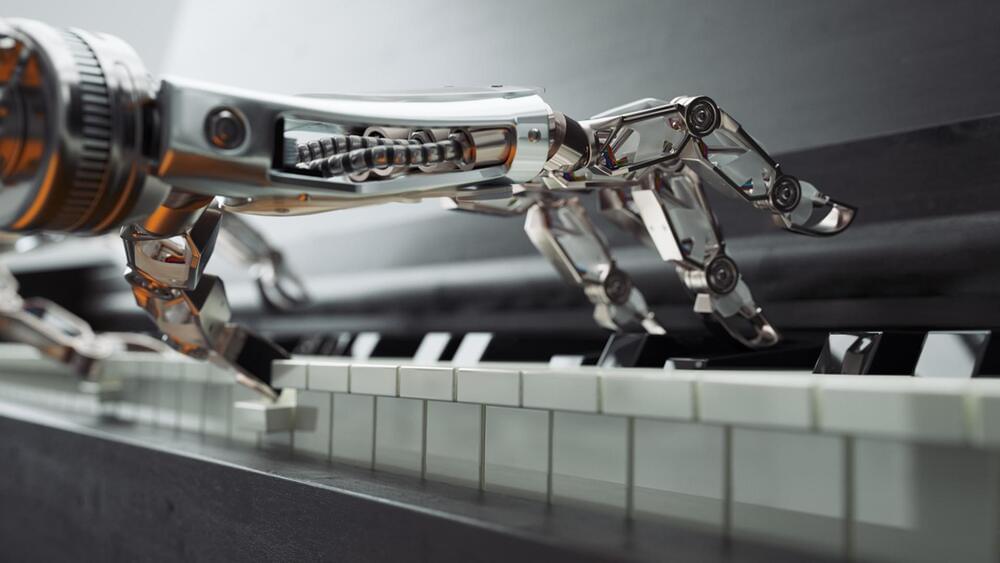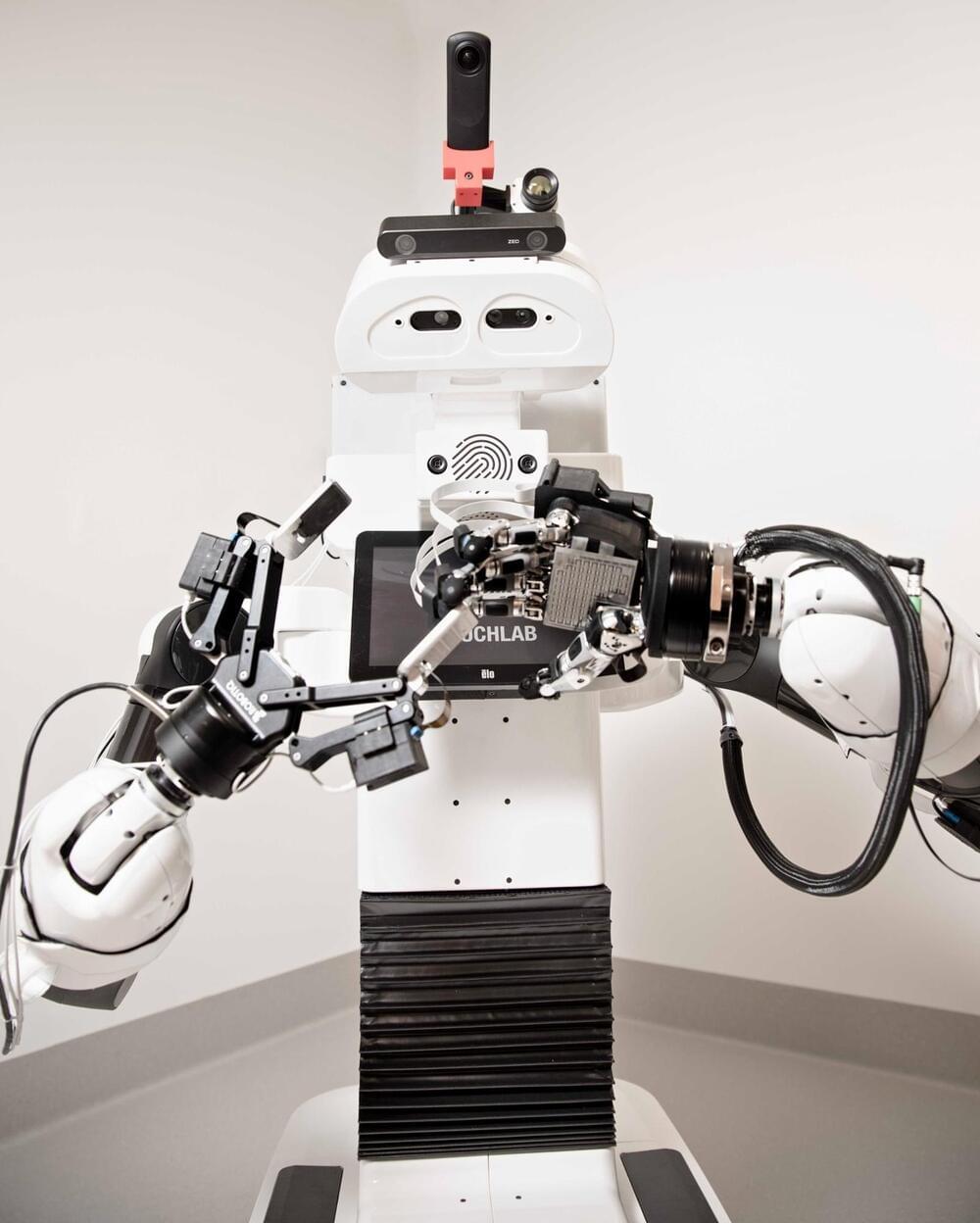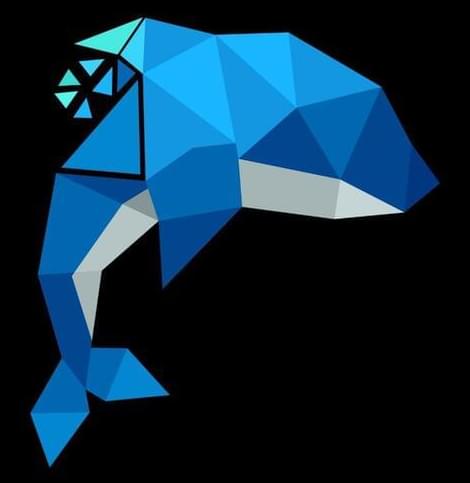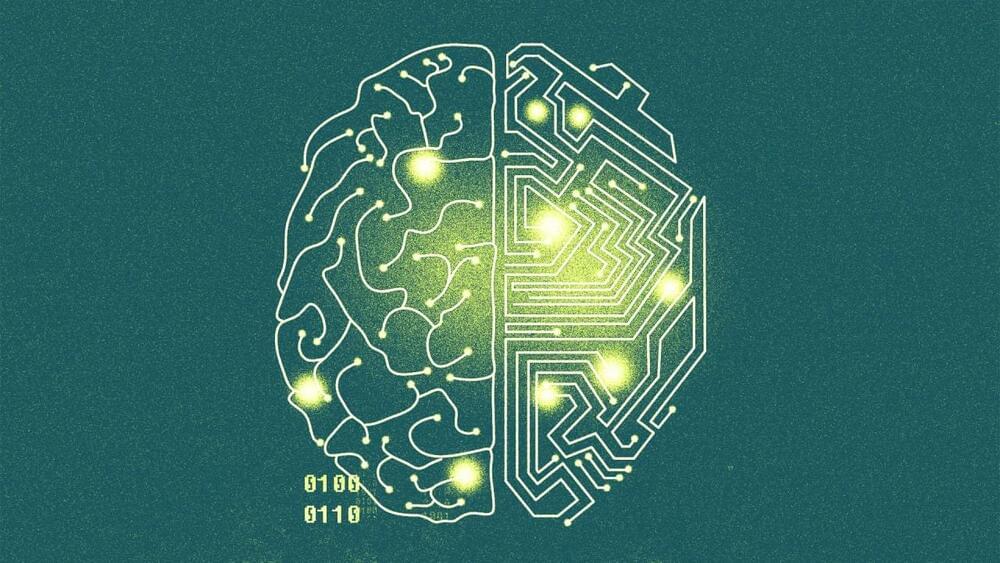Researchers claim the new electronic chip can mimic human vision and memory, which could help make self-driving cars smarter.
Researchers at the Royal Melbourne Institute of Technology (RMIT) have successfully developed a tiny electronic device that, they claim, can mimic human vision and memory. This could be a promising step to one-day developing sophisticated ways to make rapid decision-making in self-driving cars.
A team of engineers from RMIT University in Australia, along with researchers from Deakin University and the University of Melbourne, developed the device using a sensing element called doped indium oxide, which is thousands of times thinner than a strand of human hair and… More.
Walia et al 2023.








